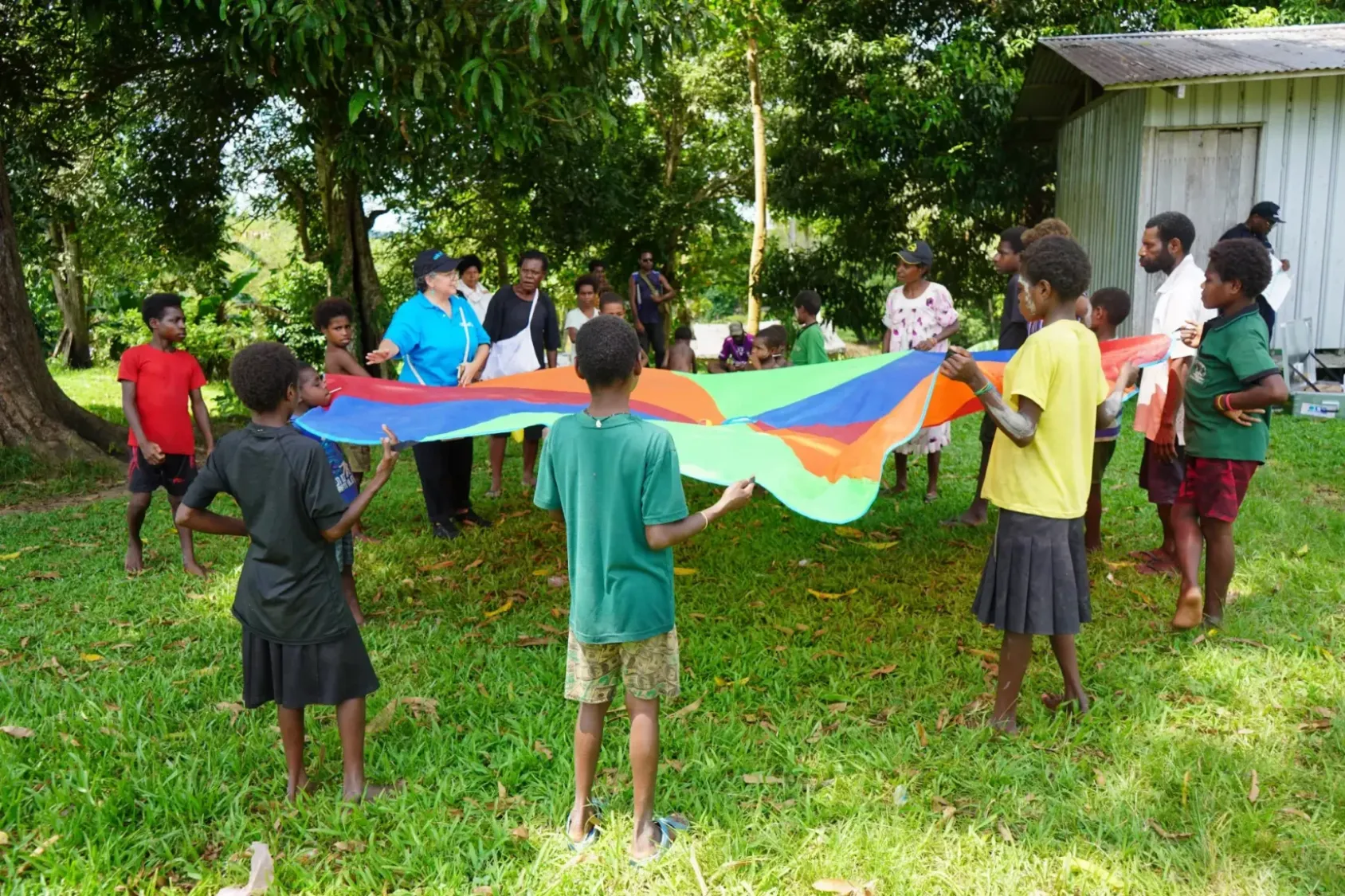Papua New Guinea: A Microcosm of COP29's Challenges and Opportunities
The world watches as COP29 unfolds, a critical juncture in the global fight against climate change. While negotiations and pledges dominate headlines, the true impact of climate change is starkly visible in vulnerable nations like Papua New Guinea. The UN Resident Coordinator (RC) in Papua New Guinea, Richard Howard, offers a glimpse into the intertwined challenges of biodiversity loss, climate change, and development in this island nation.
Papua New Guinea, a biodiversity hotspot, is facing rapid deforestation and environmental degradation. As large-scale logging operations expand, local communities bear the brunt of the impact. "People's lives are seriously impacted," RC Howard states, emphasizing the link between environmental degradation and human well-being. "With the biggest impacts on people's lives at the village level, and keeping in mind that in Papua New Guinea 85 per cent of the population live in extremely remote areas with lack of access to basic services, they survive on subsistence agriculture. When there is a flood or drought or landslide... they cannot survive."
The situation in Papua New Guinea mirrors the global crisis facing many developing nations.
They are disproportionately affected by climate change despite contributing the least to global emissions. COP29, therefore, represents a critical opportunity to address these inequities and ensure that vulnerable countries have the resources and support to adapt to climate change and protect their remaining biodiversity.
RC Howard highlights the UN's comprehensive approach in Papua New Guinea, working at both the policy and village levels. "The strength of the UN is that we work both at the policy level and on the ground in the most rural and remote communities," he explains. This involves supporting the development of national climate adaptation plans, forestry management plans, and securing climate funding.
At the village level, the UN focuses on building resilience within communities. "How can they adjust their agricultural approaches so that they can continue to feed their families and ensure they have clean water?" Howard asks, stressing the need for practical solutions. The UN in Papua New Guinea provides support for displaced communities, assists with adaptation to new environments and livelihoods, and addresses the unique needs of women and children.

Central to the UN's work is the Joint SDG Fund which enables a coordinated response to climate change. RC Howard cites an example of how the Fund has supported small businesses in coastal areas, providing new technologies for climate-friendly fishing and agriculture. The Fund also facilitates collaboration with agencies like the UN Children’s Fund (UNICEF) and UN Capital Development Fund (UNCDF) to provide innovative financing, particularly for women and young entrepreneurs.
COP29 holds particular significance for Papua New Guinea and other Pacific Island nations facing the existential threat of rising sea levels. The conference must deliver on commitments to reduce emissions and provide financial assistance to vulnerable countries for adaptation and mitigation measures.
The Resident Coordinator stresses the need for a comprehensive approach that considers the broader development needs of communities. "We have to also focus on the development needs of local communities, how we can improve their livelihoods and improve their abilities to protect their families," he states. This includes addressing the conflict-related impacts of climate change and integrating climate adaptation into peacebuilding efforts.
The story of Papua New Guinea serves as a microcosm of the challenges and opportunities facing the world at COP29. It highlights the urgent need for global action to address climate change and protect biodiversity, with a particular focus on supporting vulnerable communities. The UN's work in Papua New Guinea demonstrates the importance of a coordinated, multi-faceted approach that tackles both the immediate impacts of climate change and the long-term development needs of the country.
As COP29 progresses, the international community must heed the lessons from Papua New Guinea and commit to concrete actions that will ensure a sustainable and resilient future. The success of COP29 hinges on the world's ability to translate pledges into action, providing the necessary support and resources to vulnerable nations like Papua New Guinea to adapt to climate change, protect their biodiversity, and build a more sustainable future for their people.













